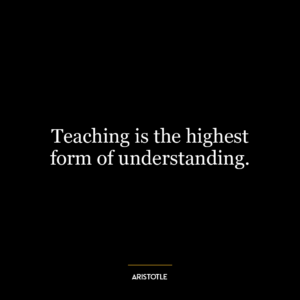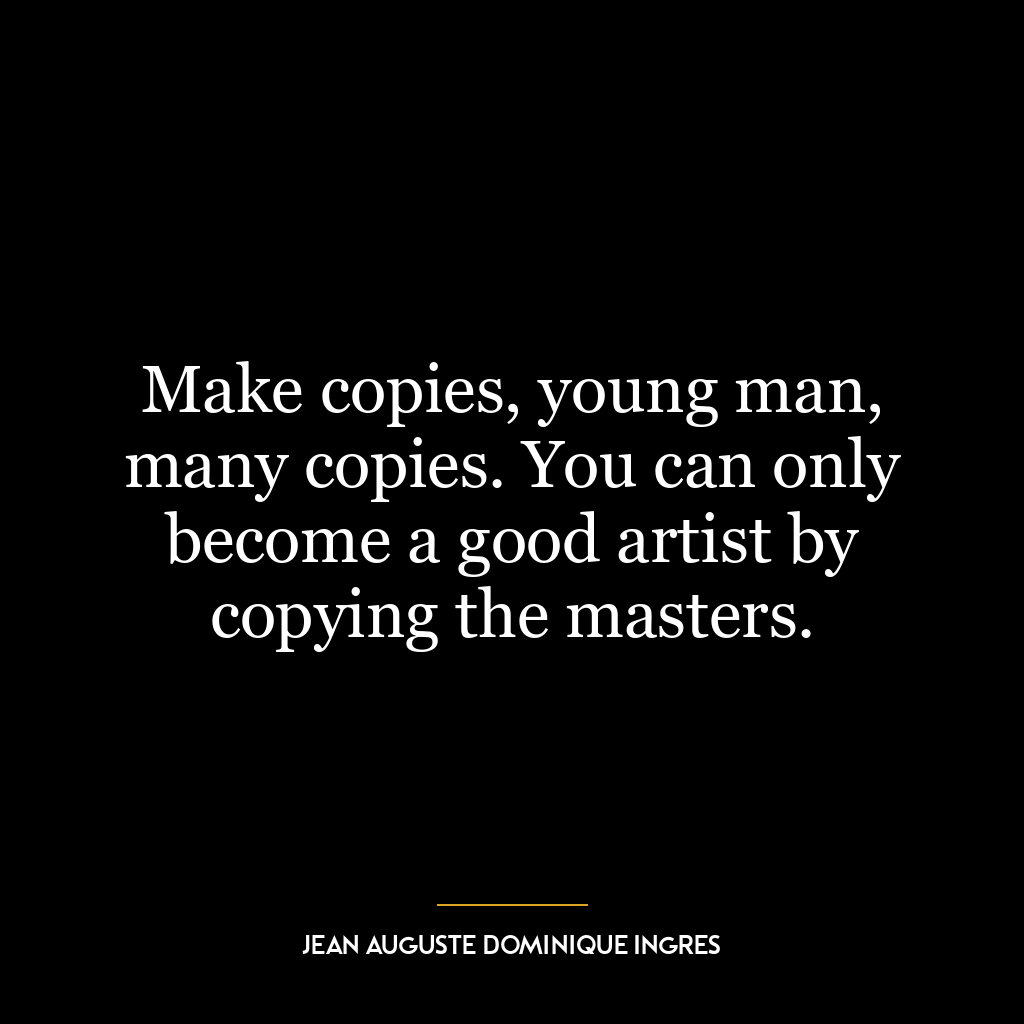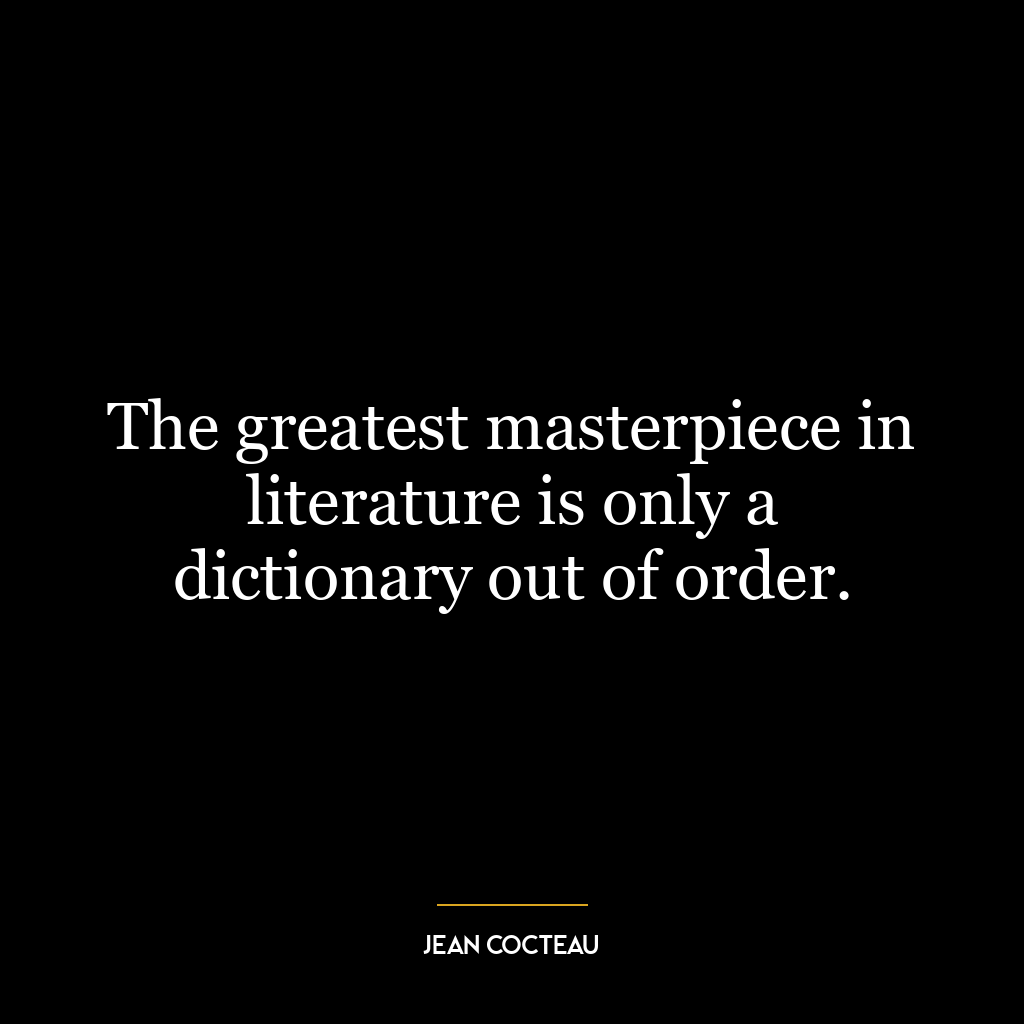This quote suggests that if the ability to create something (like a ship) was inherent in the materials themselves (like wood), then those creations would naturally occur. However, this is not the case. Ships do not spontaneously form from wood. Instead, it takes a skilled shipbuilder to transform the wood into a ship. The wood is merely a raw material; the true art lies in the knowledge, skill, and effort of the craftsman.
This quote can be interpreted as a commentary on the importance of human skill, ingenuity, and effort in creating value. The raw materials – whether that’s wood for a ship, data for a research project, or talent for a sports team – are necessary but not sufficient. It’s the human element – the shipbuilder, the researcher, the coach – that transforms those raw materials into something valuable and useful.
In today’s world, this idea is more relevant than ever. In an era where automation and artificial intelligence are increasingly capable of performing tasks that were once the exclusive domain of humans, it’s important to remember that there’s still a vital role for human creativity, judgement, and skill. Machines may be able to process data faster than a human, or assemble parts with greater precision, but they still lack the ability to innovate, to make intuitive leaps, to understand context in the way humans can.
In terms of personal development, this quote can serve as a reminder that raw talent or potential is not enough. It’s how you use and develop that talent that really matters. Just as a pile of wood does not become a ship without the shipbuilder’s skill, your natural abilities will not lead to success without effort, practice, and the right application. It’s a call to action to not just rely on what you’re given, but to actively work on transforming your potential into reality.















